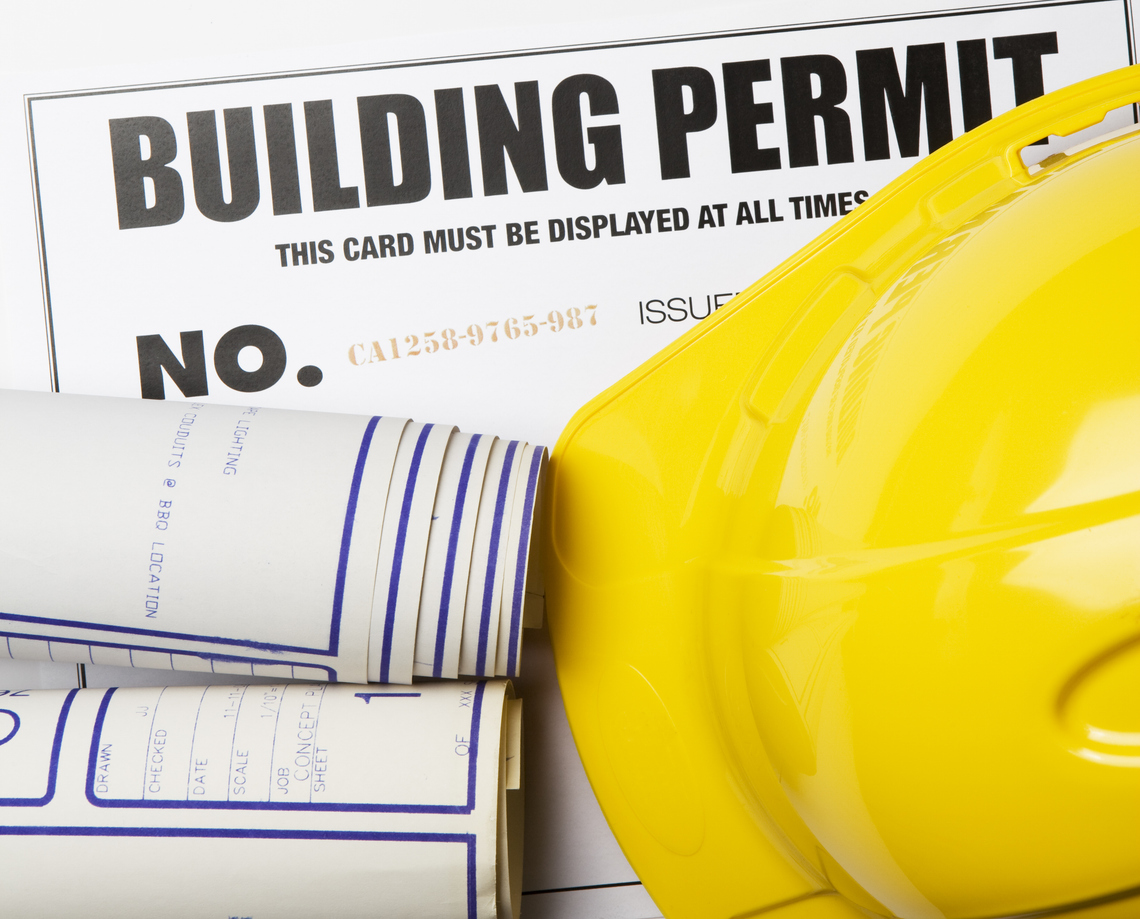When you write things for the public, mistakes and opposite views will be pointed out. The public nature of blogging is a relatively new experience for me. I speak, write, and advocate in private all the time. Indeed, most of what I do on behalf of clients is very private. Further, some public matters and cases later become private matters much to the chagrin of third parties. So, regarding this Blog, I appreciate comments that point out when I am wrong or when there is a differing opinion or explanation.
During a break in my presentation at the NAPIA annual conference, Depreciation Should Not Be Taken for Partial Losses That Are To Be Repaired, Dick Tutwiler, a very experienced public adjuster, approached me regarding an ethical obligation he felt I overlooked in the discussion of ethical adjustment of glass door and window claims. He explained:
Public Adjusters have an ethical obligation to submit claims only after conducting a reasonable and honest investigation. Many older glass doors and windows have normal wear and tear and pre-existing loss issues which require the public adjuster to investigate the pre-existing nature of the items rather than to simply submit a claim for all damage seen.
His point is well taken. Adjustment requires investigation and evaluation of damage as well as coverage. Adjusters, whether for the public or the insurance company, are ethically obligated to complete these two primary duties of adjustment. Public adjusters should not place their policyholder clients in the position of having to explain or answer for fraudulently appearing claims without merit because of poor or non-existent investigation into the prior nature of items before a loss occurred.
I neglected to mention this very important point. There is a concern from many leaders in the public adjustment field that the poor work of some creates a public perception that public adjusters care about one thing–how big the claim can be made. A public adjuster’s job is to accurately determine the full amount of the insured’s loss. Ethical public adjusting is not a wrongly evaluated claim amount following a cursory investigation. I am certain most professional public adjusters feel the same way and expect their colleagues to perform to this standard or get out of the business in order to maintain the integrity of the profession.
Most public adjusters active in NAPIA and FAPIA have expressed Tutwiler’s concern in a number of different ways. I should have addressed it better in my recent speeches in Florida, Texas and California.
On another note, Sandy Burnette correctly made a comment where I went too far. In response to my post, Is the State Farm Policy Really Worth Anything?, Sandy Burnette made the following observation:
"While I try to resist responding to all your posts, and it sometimes takes quite a bit of restraint to hold myself back, once again I find you have crossed the proverbial line.
Your opening sentence questioning "what is the value of insurance if it doesn’t cover an insured loss" is beyond misleading, it is simply untrue. By definition, an "insured loss" is covered.
Suggesting that "insured losses" are not covered by insurance companies is an oxymoron. (Yes, claims are often wrongfully denied. But we have courtrooms to make sure that is corrected.)
It makes for sensational reading when you write those things and it creates a platform for you to once again rail at insurance companies, but unfortunately it just isn’t true. This post is nothing more than an expression of the belief that anything bad that happens to somebody "ought" to be covered by their insurance policy."
His comment went on far beyond this quote, but that point is well taken. I wrongly wrote the following line in the context of that post:
"What is the value of insurance if it does not pay for insured losses?"
That is a great and accurate line I have often used in bad faith cases, but not accurate where there is no coverage. I should have written:
"What is the value of insurance if the policyholder is not informed that it will cover only a few losses? How would the public perceive the value of State Farm’s product if it fully advertised its positions of what is not covered under the product?"
I think the point is obvious–the value is far less. The security advertised by State Farm in no way reflects how State Farm writes exclusions into its product. Some may say that the ads are disingenuous because they do not adequately warn State Farm policyholders about the common accidental risks of loss that State Farm excludes in its product form. That was my point.
Policyholders and the public should be made aware of this in advance rather than after purchasing the product or after the loss when it is too late to do anything about it.
I do not want State Farm to be run out of business. As the industry leader, I would hope that somebody in its very able and bright management would critically review these issues. If State Farm changes, many other carriers will do the same. If not, I hope that others with me will raise the issue and make State Farm change through public policy or by purchasing from insurance companies that do not provide false promises of security.
There are other responses to Burnette’s comment that need a reply in a later post. I will try to do better in expressing my opinions and not forgetting information. Thanks to all who comment.



